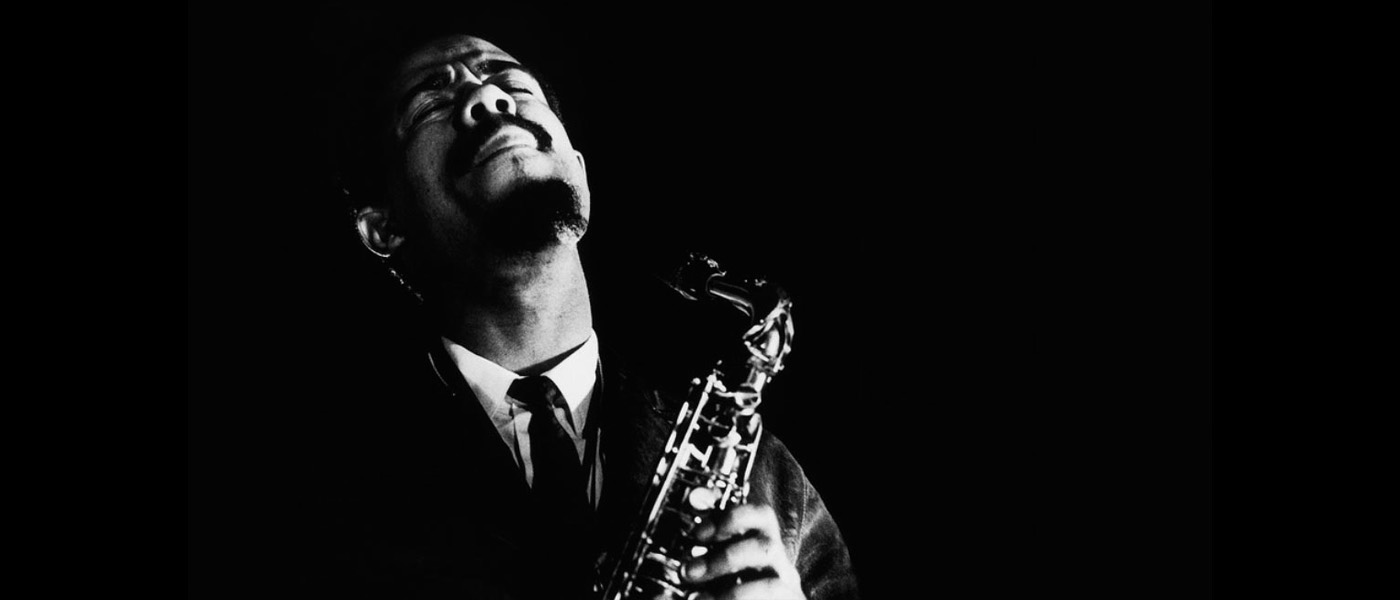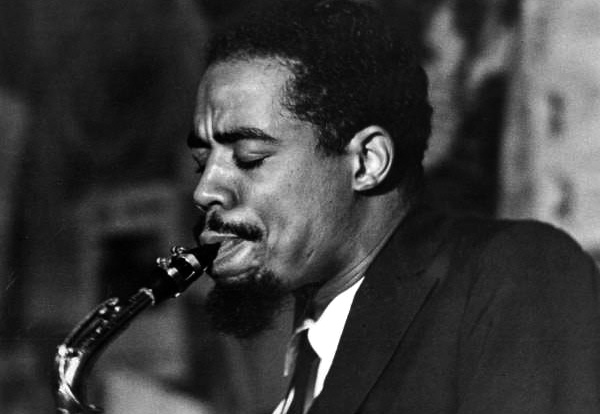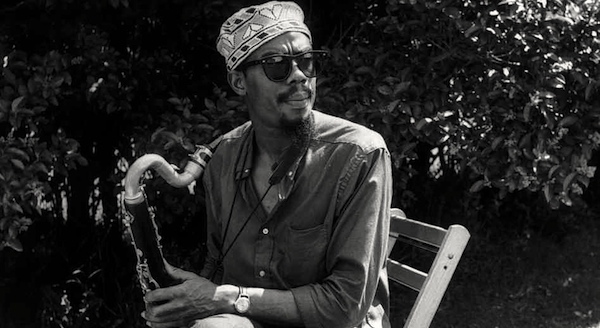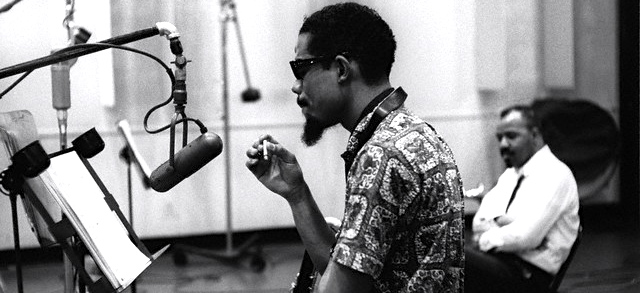

Dolphy was one of several groundbreaking jazz alto players to rise to prominence in the 1960s. He was also the first important bass clarinet soloist in jazz, and among the earliest significant flute soloists; he is arguably the greatest jazz improviser on either instrument. His improvisational style was characterized by a near volcanic flow of ideas, utilizing wide intervals based largely on the 12-tone scale, in addition to using an array of false fingerings to create a multiphonic effect which almost made his instruments speak.
Although Dolphy’s work is sometimes classified as free jazz, his compositions and solos had a logic uncharacteristic of many other free jazz musicians of the day; even as such, he was definitively avant-garde. In the years after his death his music was more aptly described as being “too out to be in and too in to be out.” His compositions and solos were often rooted in conventional (if highly abstracted) tonal bebop harmony and melodic lines that suggest the influences of modern classical composers Béla Bartók and Igor Stravinsky. The basis for Dolphy’s approach to improvisation rarely relied on the song’s chord progression alone. “They’re based on freedom of sound. You start with one line and you keep inventing as you go along. And you keep creating until you state a phrase,” says Dolphy.
Dolphy’s musical presence was deeply influential to a who’s who of young jazz musicians who would become legends in their own right. Dolphy worked intermittently with Ron Carter and Freddie Hubbard throughout his career, and in later years he hired Herbie Hancock, Bobby Hutcherson and Woody Shaw at various times to work in his live and studio bands. Out to Lunch featured yet another young lion who had just begun working with Dolphy in drummer Tony Williams, just as his participation on the Point of Departure session brought his influence into contact with up and coming tenor man Joe Henderson.
Eric Dolphy died accidentally in Berlin on June 28, 1964. Some details of his passing are still disputed, but it is accepted that he died of a coma brought on by an undiagnosed diabetic condition. John Coltrane paid tribute to Dolphy in an interview: “Whatever I’d say would be an understatement. I can only say my life was made much better by knowing him. He was one of the greatest people I’ve ever known, as a man, a friend, and a musician.” Charles Mingus said, “Usually, when a man dies, you remember—or you say you remember—only the good things about him. With Eric, that’s all you could remember. I don’t remember any drags he did to anybody. The man was absolutely without a need to hurt”.



